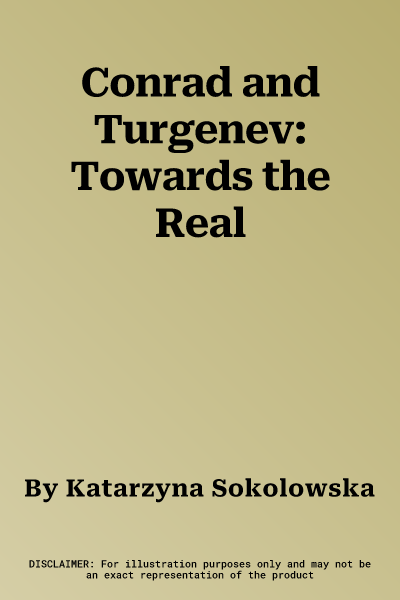Katarzyna Sokolowska
(Author)Conrad and Turgenev: Towards the RealHardcover, 21 June 2011

Qty
1
Turbo
Ships in 2 - 3 days
Only 2 left
Free Delivery
Cash on Delivery
15 Days
Free Returns
Secure Checkout

Part of Series
Conrad, Eastern and Western Perspectives
Part of Series
East European Monograph
Print Length
220 pages
Language
English
Publisher
East European Monographs
Date Published
21 Jun 2011
ISBN-10
0880336838
ISBN-13
9780880336833
Description
Product Details
Author:
Book Format:
Hardcover
Country of Origin:
US
Date Published:
21 June 2011
Dimensions:
21.84 x
14.48 x
2.29 cm
ISBN-10:
0880336838
ISBN-13:
9780880336833
Language:
English
Location:
New York
Pages:
220
Publisher:
Weight:
544.31 gm